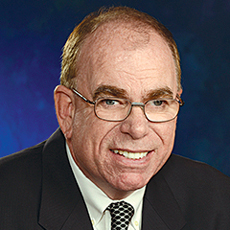
If you want to know what skilled care will look like in five years, consider what hospitals look like today.
The first time I heard that adage was in 1990. These days, it rings truer than ever. To be sure, skilled care settings are by no means hospitals. But there’s no denying that nursing facilities are far more clinically focused than ever.
And as custodial care gets kicked to the curb, as rehab care comes under closer scrutiny and as hospitals look to quickly unload patients with increasingly sophisticated medical conditions, we can expect the resemblance to get stronger.
Which brings me to the latest development: Mayo Clinic Health System is joining six other big-gun hospital systems to form a nonprofit generic drug company. Apparently, if you can’t join them, be them.
This new entity, Civica RX, will aid patients in two important ways. First, it will attempt to help reduce medication costs. Second, it will try to alleviate medication shortages.
Civica initially will target about a dozen generic drugs routinely used in hospitals. It will likely expand its scope to other generics.
So, what does this have to do with long-term care? Right now, nothing. But let me ask a few questions:
Do you find many of your drugs are expensive? Do you find meds you need are often in short supply? Do you think it might make sense to take matters into your own hands, via a consortium made up of like-minded operators?
A nice thought. But it could never happen, right?
Well, Gentle Reader, it wasn’t too long ago that it would have sounded odd to hear about skilled care operators specializing in ventilator care, to be gobbling up assisted living communities, to be self-insuring or to be forming group purchasing organizations. Yet these developments are now commonplace.
Whether having skilled care operators grab the wheel here will be a bitter pill or the right prescription remains to be seen. Stranger things have happened in the past. And they surely will in the future.
So we’ll see where this goes.
From the November 2018 Issue of McKnight's Long-Term Care News




